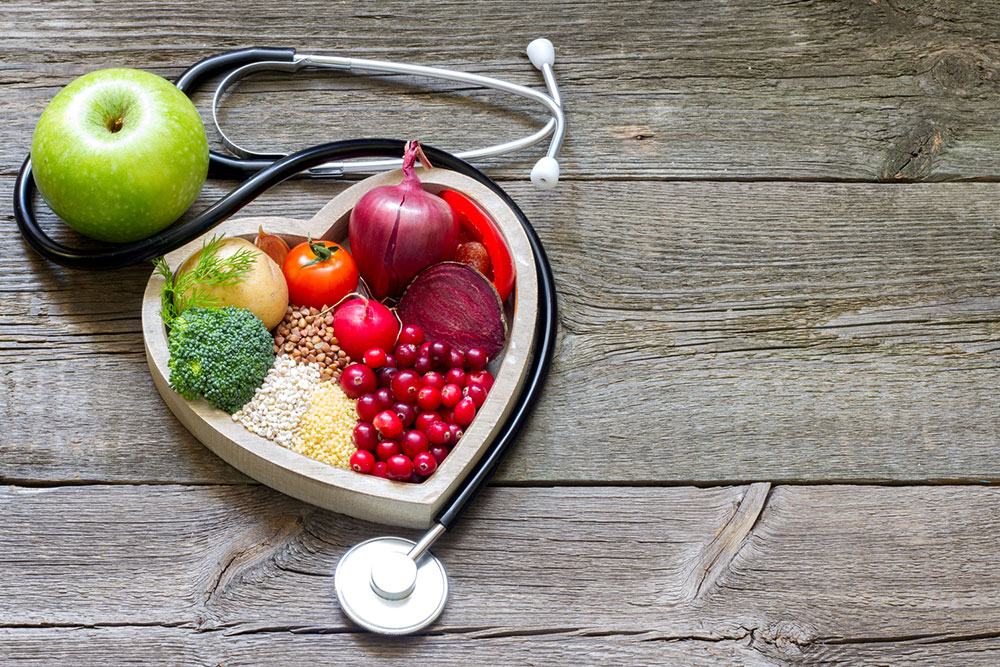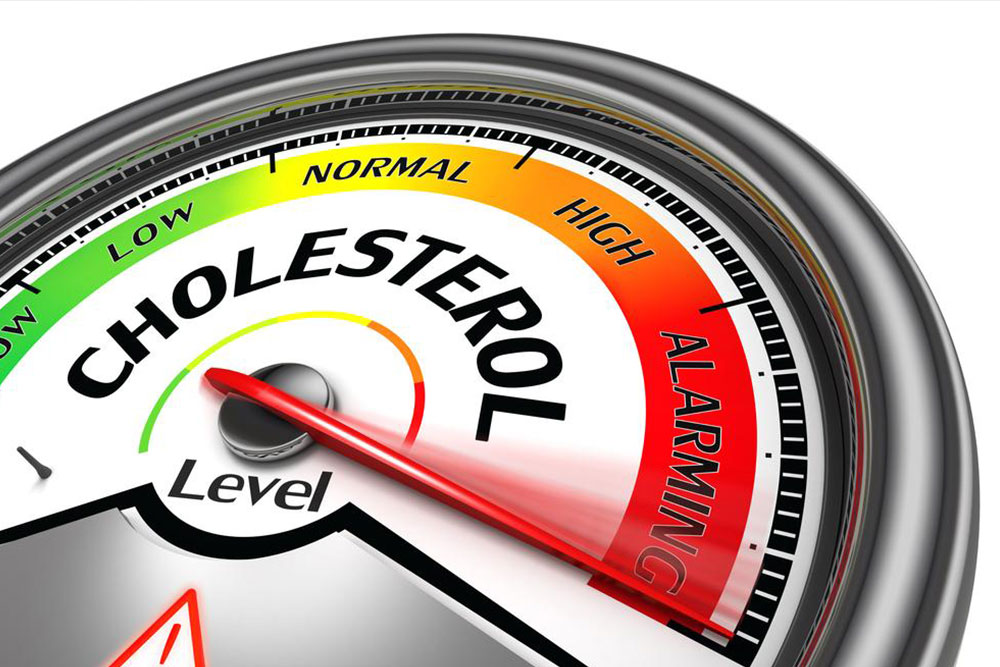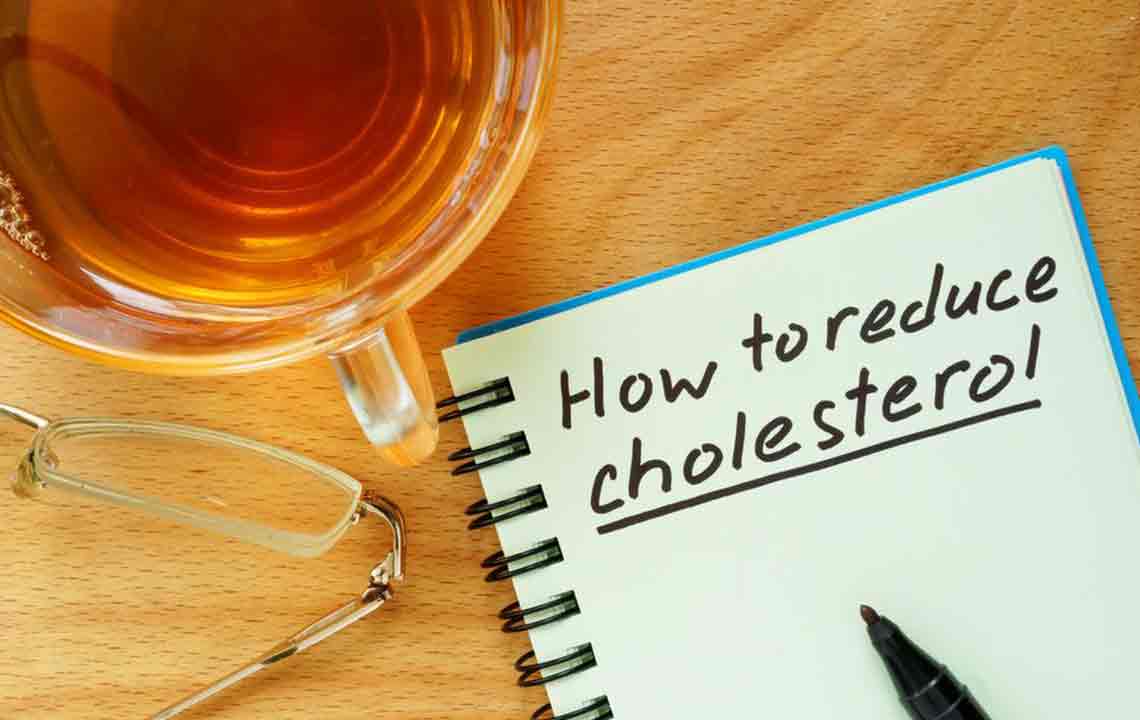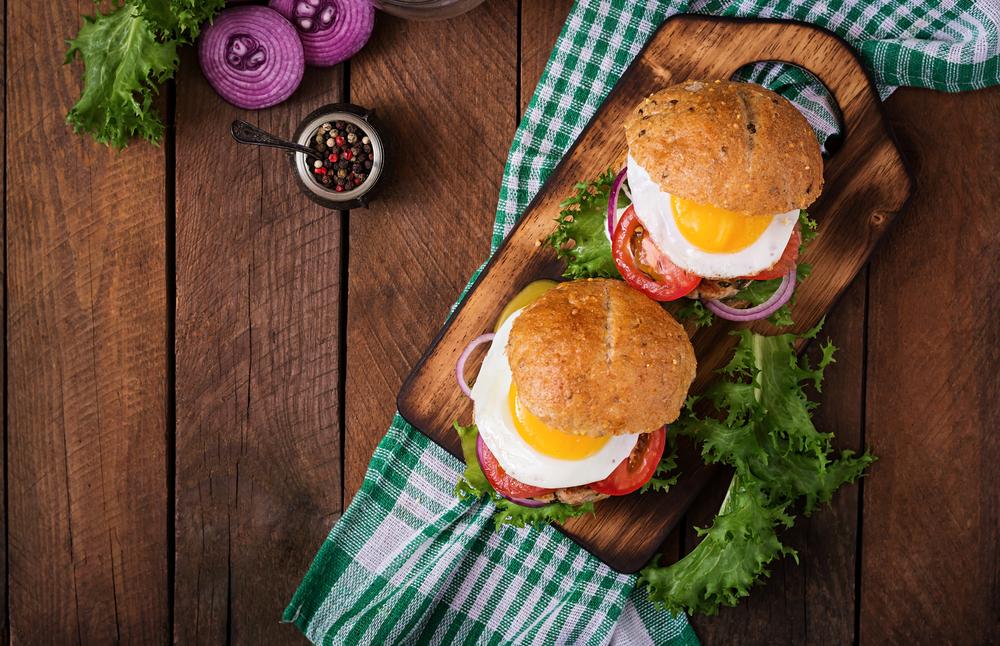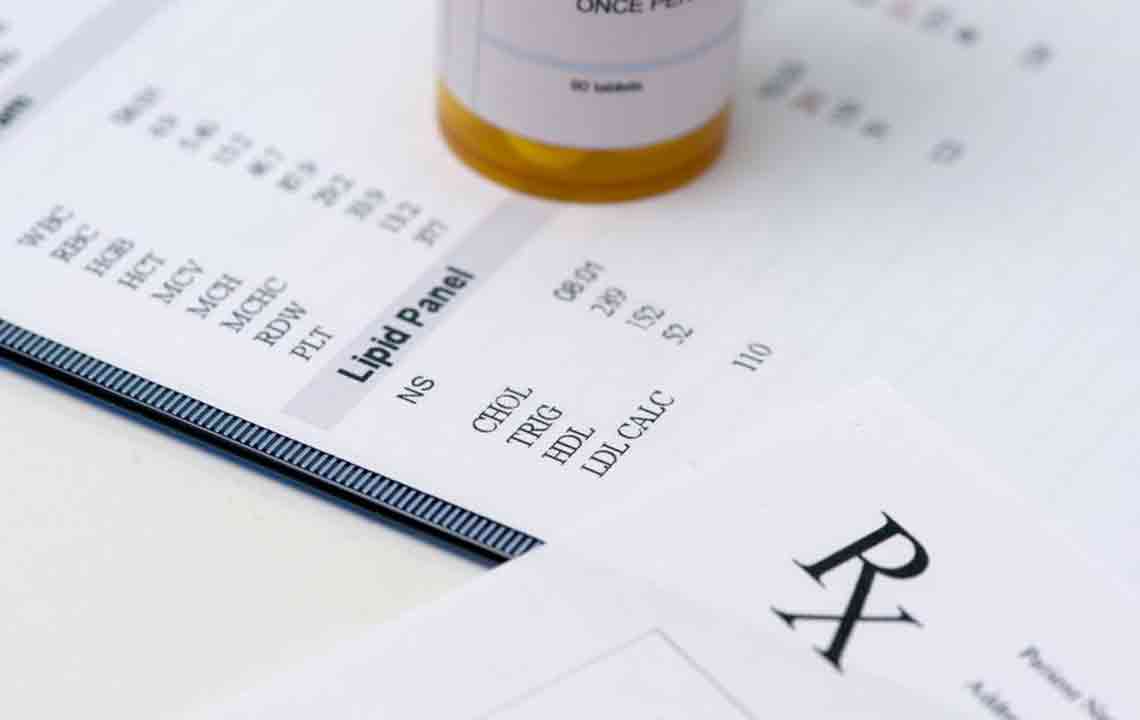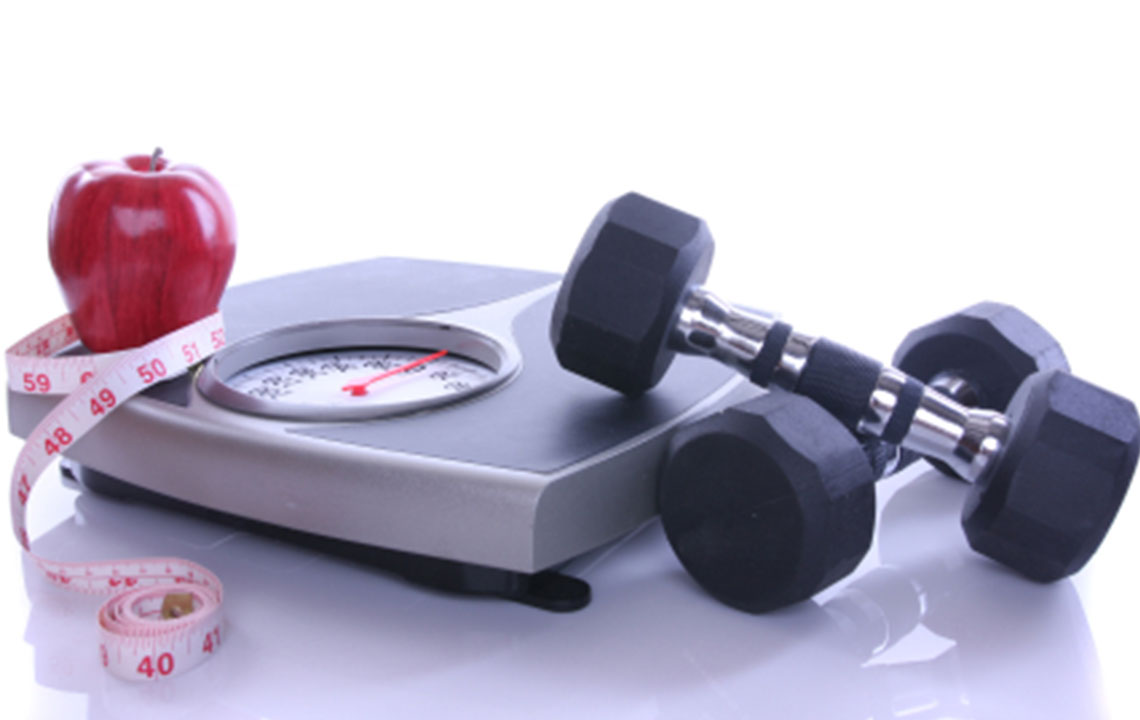Natural Strategies to Boost Your Good Cholesterol and Promote Heart Health
Discover effective natural methods to increase your good cholesterol (HDL) levels and promote heart health. This comprehensive guide covers lifestyle changes, dietary tips, and medical options that can help you maintain a healthy lipid profile, reduce risks of heart disease, and improve overall wellness. Learn how regular exercise, healthy eating, quitting smoking, weight management, and medical interventions work together to optimize your cholesterol levels and support long-term cardiovascular health.

Natural Strategies to Boost Your Good Cholesterol and Promote Heart Health
Cholesterol is a waxy, fat-like substance that plays an essential role in building and maintaining healthy cell membranes, producing hormones such as estrogen and testosterone, and aiding in vitamin D synthesis. Despite its vital functions, high levels of certain types of cholesterol in the bloodstream are linked to an increased risk of heart disease and stroke. Understanding how to manage and improve your cholesterol levels is crucial for long-term cardiovascular health.
Cholesterol travels through the bloodstream attached to specialized proteins called lipoproteins, which help transport lipids through the blood. The two main types of lipoproteins are Low-density lipoprotein (LDL) and High-density lipoprotein (HDL). Managing the balance between these two is vital, as LDL is often referred to as 'bad' cholesterol, promoting plaque buildup in arteries, while HDL is called 'good' cholesterol because it helps remove excess cholesterol from the bloodstream and transports it back to the liver for processing.
Achieving optimal cholesterol levels involves increasing HDL and lowering LDL. Regular medical check-ups are essential to monitor these levels, especially if you have risk factors such as family history, obesity, or smoking habits. With lifestyle modifications and, if necessary, medical interventions, you can effectively maintain a healthy lipid profile and reduce your risk of cardiovascular diseases.
Healthy HDL levels are generally considered to be 60 mg/dL or higher, which is associated with a lower risk of heart attack and stroke. Conversely, HDL levels below 50 mg/dL for women and below 40 mg/dL for men may increase health risks. The good news is that several proven strategies can help elevate HDL cholesterol naturally, promoting better heart health and overall wellness. Here are some of the most effective methods:
1. Regular Physical Activity Physical activity is one of the most powerful tools for improving your lipid profile. Engaging in consistent exercise, such as brisk walking, jogging, cycling, swimming, or aerobic classes, can significantly boost HDL levels. Experts recommend at least 150 minutes of moderate-intensity aerobic exercise per week, which breaks down to about 30 minutes most days. If you're just starting, begin with shorter sessions and gradually increase intensity and duration. More vigorous workouts, like high-intensity interval training or weightlifting, can yield even greater HDL improvements. Regular exercise also helps with weight management, blood sugar control, and reducing inflammation—all of which contribute to better cardiovascular health.
Weight management is another cornerstone. Excess weight, especially around the abdomen, is linked to lowered HDL levels and increased LDL and triglycerides. Losing excess pounds through a combination of diet and exercise can elevate HDL. Research indicates that losing just 3-5% of body weight can lead to a significant rise in HDL levels—approximately 4 mg/dL for every 3 kg of weight lost. Maintaining a healthy weight not only improves your cholesterol profile but also reduces your risk of developing diabetes, hypertension, and other metabolic conditions.
2. Heart-Healthy Dietary Choices Diet plays a crucial role in managing your cholesterol levels. Focusing on foods rich in healthy fats, fiber, and antioxidants can help raise HDL while lowering LDL. Incorporate monounsaturated fats found in foods such as olive oil, avocados, and nuts. Polyunsaturated fats from fatty fish like salmon, mackerel, and sardines are particularly effective in improving cholesterol profiles. Eating foods high in soluble fiber—such as oats, beans, lentils, fruits, and vegetables—helps reduce LDL cholesterol and promotes heart health.
Moderate red wine consumption has also been linked to higher HDL levels, thanks to its antioxidant properties. However, alcohol should be consumed in moderation and not relied upon solely for cholesterol management. For individuals with metabolic conditions like diabetes or obesity, a low-carb ketogenic diet has shown promise in promoting weight loss and improving HDL levels, but it should be adopted under medical supervision to avoid adverse effects.
3. Smoking Cessation Smoking damages blood vessels and significantly lowers HDL cholesterol by promoting oxidative stress and inflammation. Nicotine and other chemicals in cigarettes impair enzymes involved in lipid transport and metabolism, making HDL dysfunctional. Quitting smoking is one of the most effective ways to increase HDL levels naturally. The benefits of cessation go beyond lipids, improving your overall cardiovascular profile, lung function, and reducing the risk of other chronic diseases.
4. Medications and Supplements When lifestyle modifications are insufficient, medications may be necessary. Statins are the most commonly prescribed drugs for lowering LDL cholesterol, but certain medications, such as niacin (Vitamin B3), can modestly increase HDL levels—by about 20-35%. Niacin works by inhibiting the breakdown of HDL and reducing liver production of LDL. However, it may cause side effects like flushing or liver issues, so it should only be taken under medical supervision.
In addition to medications, some supplements like omega-3 fatty acids and plant sterols may support heart health, but always consult your healthcare provider before starting any new supplement regiment. For athletes, it's important to monitor HDL levels if using anabolic steroids or other performance-enhancing drugs, as these can negatively impact cholesterol profiles.
In conclusion, enhancing your HDL cholesterol naturally involves a combination of regular physical activity, a heart-healthy diet, smoking cessation, weight management, and, if needed, medical treatment. Adopting these comprehensive lifestyle changes can lead to improved lipid profiles, lower cardiovascular risk, and better overall health. Regular check-ups with your healthcare provider are essential to tailor strategies specific to your health needs and to ensure effective management of your cholesterol levels.
